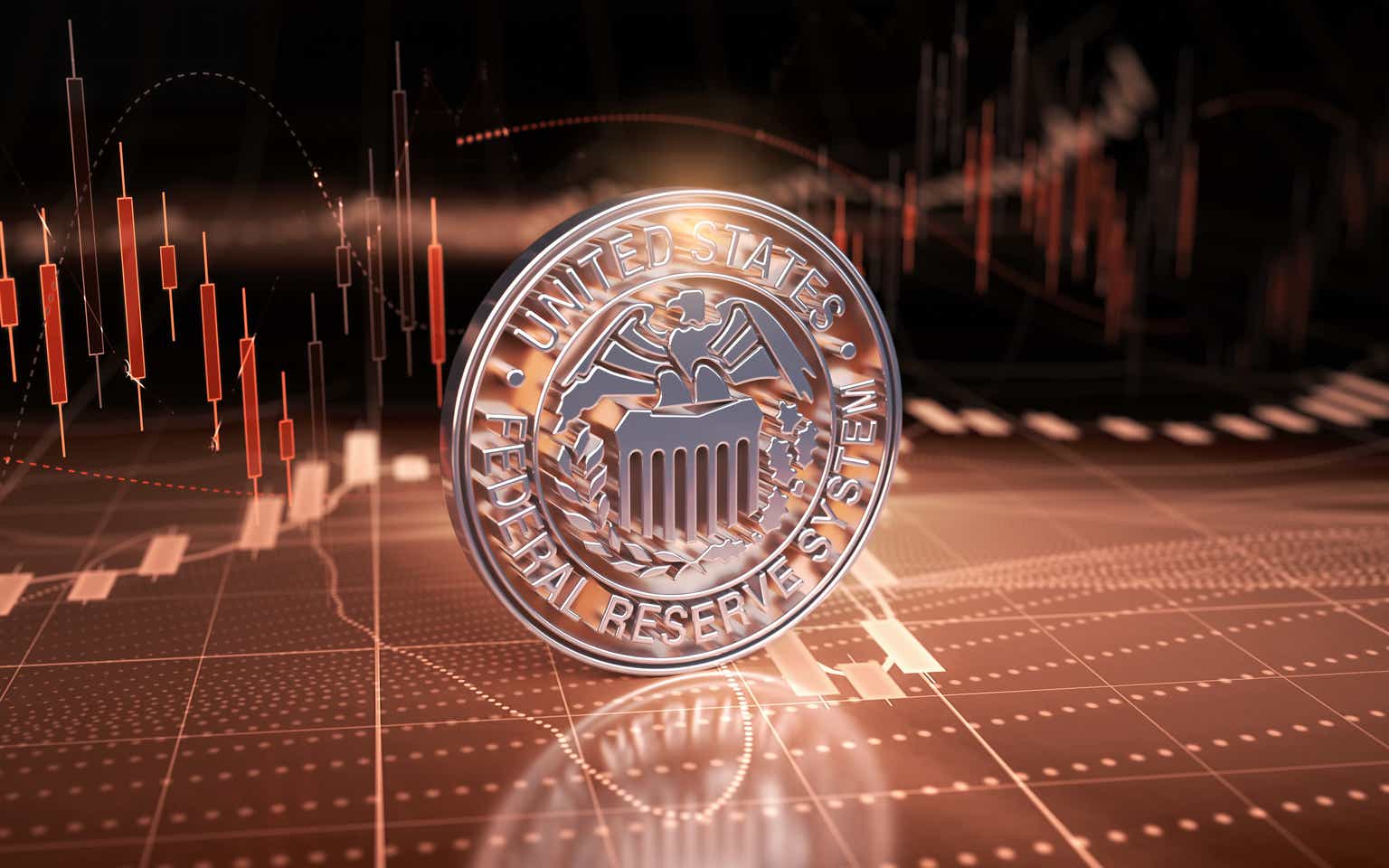Here is what Justices Brett Kavanaugh, Amy Coney Barrett, Kentanji Brown Jackson and Chief Justice John Roberts said about TikTok’s Chinese parent company.
Transcript:
BRETT KAVANAUGH: What happens after January 19th if you lose this case, can you just spell that out?
NOEL FRANCISCO: At least as I understand it, we go dark. Essentially, the platform shuts down.
BRETT KAVANAUGH: Unless there’s a divestiture-
NOEL FRANCISCO: Unless there’s a divestiture, unless President Trump exercises his authority to extend it by night. But but he can’t do that. On January 19th. On January 19th, we still have President Biden. And on January 19th, as I understand it, we shut down. It is possible that come January 20th, 21st, 22nd, we might be in a different world again. That’s one of the reasons why I think it makes perfect sense to issue a preliminary injunction here, and simply by everybody. A little breathing space.
BRETT KAVANAUGH: I think Congress and the president were concerned that China was accessing information about millions of Americans, tens of millions of Americans, including teenagers, people in their 20s, that they would use that information over time to develop spies, to turn people to blackmail people, people who, a generation from now will be working in the FBI or the CIA or in the State Department, that not a realistic assessment by Congress and the president of the risks here.
NOEL FRANCISCO: Your honor. I’m not disputing the risks. I’m disputing the means that they have chosen one way, the most direct way to address that. All of this user data sits on data servers in Virginia controlled by Oracle. I’m not talking about the national security agreement. What I’m talking about is a law that simply says to TikTok incorporated and its U.S. employees, you cannot share that user data with anybody. You can’t give it to ByteDance, you can’t give it to China, you can’t give it to Google. You can’t give it to Amazon. You cannot give it to anybody under threat of massive penalties. They never even considered that most obvious alternative.
AMY CONEY BARRETT: The law doesn’t say TikTok has to shut down. It says ByteDance has to divest. If ByteDance divested TikTok, we wouldn’t be here, right? If if ByteDance was willing to let you go and willing to let you take the source code with you, that would be fine, right? We would not be here.
NOEL FRANCISCO: Well, Your Honor, if ByteDance divested them, the law wouldn’t fall on TikTok. But the law will. The law-
AMY CONEY BARRETT: But that’s not ByteDance’s choice,
NOEL FRANCISCO: The underlying source code. It takes a team of engineers to update and maintain that. It would take us many years to reconstruct a brand new team of engineers to do that with respect to the source code,
AMY CONEY BARRETT: It’s not that you couldn’t execute the disentanglement. You could say we’re independent. You just can’t recreate TikTok in any kind of way.
NOEL FRANCISCO: Well, I think that any new TikTok would be a fundamentally different platform with different content, which is yet another reason why I think this is a content based restriction that falls directly on TikTok incorporated itself in our platform.
KETANJI BROWN JACKSON: The problem I think you’re articulating is that you want to use Bytedance’s algorithm and therefore associate with ByteDance. And Congress has prohibited that.
NOEL FRANCISCO: We want to use the algorithm that we think reflects the best mix of content. That’s the algorithm that reflects the best mix of content. What this law says is we can’t do that unless ByteDance exercises a qualified divestiture. But I also think more directly, what this law does is it says that TikTok incorporated if ByteDance doesn’t exercise a qualified divestiture, you have to go mute. You cannot speak at all.
KETANJI BROWN JACKSON: No, I don’t think it says that, though. I mean, if if if TikTok were to, post divestiture or whatever pre divestiture come up with its own algorithm right then when the divestiture happened, it could still operate.
NOEL FRANCISCO: I can’t say TikTok, I can’t. That’s theoretically correct, Your Honor, but I think that also underscores the content based nature of the restriction.
KETANJI BROWN JACKSON: No. But the the fact that that’s true suggests that you’re wrong about the statute being read is saying TikTok. You have to go mute because TikTok can continue to operate on its own algorithm on its own terms, as long as it’s not associate with ByteDance. So isn’t this really just all about association?
JOHN ROBERTS: I’m not talking about the content manipulation, I’m talking about the content harvesting.
NOEL FRANCISCO: When you say content harvesting, do you mean people with –
Subscribe |
Earn. Live. Invest. |
TheStreet Pro |
#tiktok #tiktokban #supremecourt
source










































